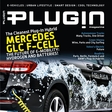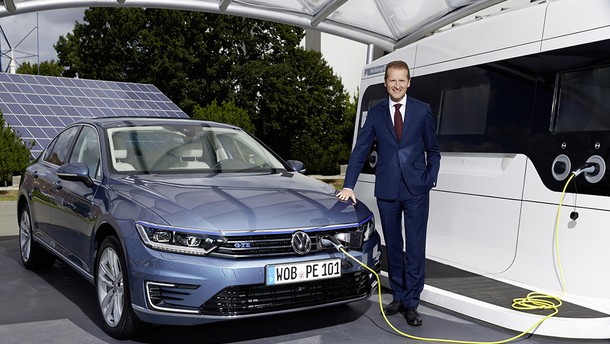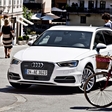
In the last few months one of the key priorities of Volkswagen is development of electric and hybrid cars, which could replace the notorious diesels, that caused the infamous incident in 2015, Dieselgate. However, the company is now preparing itself for another recall of their cars and this time, it is not diesel cars, that may need upgrades, but rather electric and hybrid ones, that are actually so popular among buyers, that the company had to stop accepting new orders on some markets due to limited production capabilities.
The problem can actually be traced back to 20th of July this year, when Volkswagen found out, that parts of their cars, charging system in particular is containing highly toxic metal cadmium, which can cause different forms of cancer. At this point, Volkswagen has pointed out, that quantity of the element is quite small (0,008 grams in every car) and isolated, so there is very little to no chance for the customer to get in touch with it. Nevertheless, Volkswagen has alerted German federal transport agency KBA about the problem and is now waiting for further actions.
As mentioned, if recall dies happen, there is going to be some 124.000 cars affected, among which are e-Golfs, e-Up!s, Golf-GTEs and Passat-GTE’s. Audi A3 e-trons, Q7 e-trons, Porsche Panamera hybrids, Cayenne hybrids and 918 hybrids may also be affected. When and how will KBA react is currently unknown. However, we can safely say, that this may be an additional proof of evidence, that car industry is (regularly) using cheap components from unknown outsourced manufacturers based in countries like China.
On the other hand though, even accept the fact, that Volkswagen is using toxic cadmium in their cars – most likely unknowingly – there has been very small amount of it used in the cars. In total, in all of the affected Volkswagen cars combined, there is no more than 992 grams of cadmium inside the batteries. And that is in times, when half of the world is still using Nickle-cadmium based batteries and no one bats an eye.



